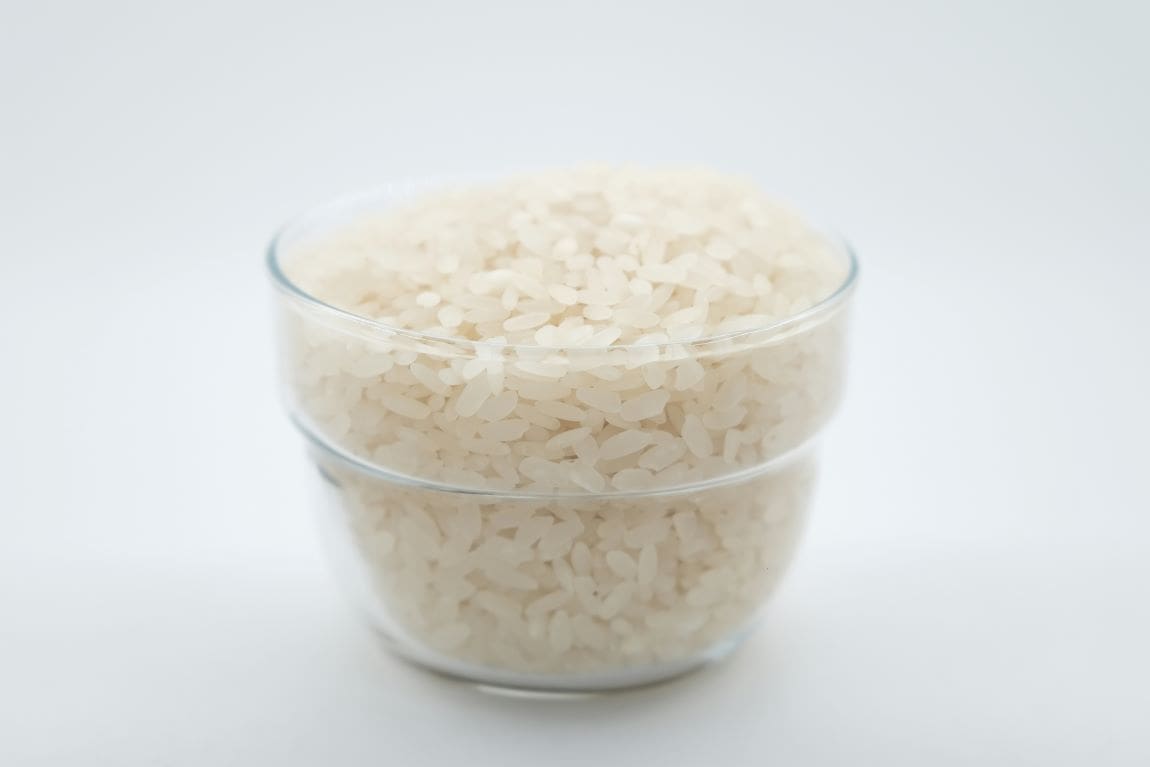Tokyo, Japan (AFP) – The threat of a “megaquake”, a series of typhoons, and a week-long national holiday have some Japanese scrambling to buy rice — the nation’s cherished staple food — with the government warning Tuesday against panic buying.
“We could only procure half the usual amount of rice this summer and bags of rice get quickly sold out,” a clerk at a branch of the popular Fresco supermarket chain told AFP in the Japanese capital.
Rice shelves in some stores emptied or stocks were rationed after a government warning this month — since lifted — of a possible “megaquake”, as well as several typhoons and the annual Obon holiday.
Other factors include lower harvests caused by hot weather and water shortages, as well as increased demand related to record numbers of foreign tourists.
At one food store in Tokyo, a sign seen by AFP read: “In order for many customers to be able to buy, we ask you to purchase one (bag of rice) a day per family.”
– ‘No prospects –
A worker at another store in Tokyo said: “We can’t purchase any rice at all, and there’s no prospect of buying anytime soon”.
The Fresco worker told AFP that daily stocks ran out by midday.
“Customers queue up before the store opens but piles of bags, each of which contains 10 kilograms (22 pounds), are always sold out during the morning,” he said.
Farm minister Tetsushi Sakamoto appealed for calm Tuesday.
“Please be cool-headed in your purchase activity by buying only the amount of rice you need,” Sakamoto said, stressing “the supply shortage situation will be gradually resolved.
Rice is deeply ingrained in Japanese culture and its harvesting has shaped the nation’s landscape — even being used as a currency in the 7th century.
With an annual consumption of seven million tons per year, it is by far the most consumed food staple in the country.
Demand has been falling for some time, however, because of a declining population and changing eating habits by many Japanese as they opt for alternatives.
The nation’s stockpile in June was the lowest since 1999 when comparable data was first collected, but officials believe the inventory is sufficient.
A new harvesting season has started with 40 percent of the crop available by the end of September, a farm ministry official told AFP.
kh/stu/fox
© Agence France-Presse
Featured image credit: Mehmet Keskin | Unsplash




